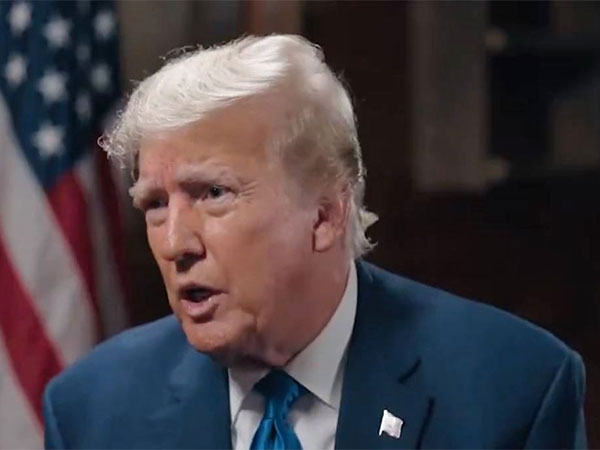Africa's Unified Push for Reparations Faces Uphill Battle
African leaders gather in Ethiopia to advocate for slavery and colonial reparations. Despite global momentum, resistance from former colonial powers persists. African Union plans to develop a vision for reparations, addressing historical wrongs and current disparities. Issues include economic divides, climate impacts, and the return of cultural artifacts.

African leaders convened in Ethiopia over the weekend to initiate a renewed campaign for reparations tied to slavery and colonialism. However, they face resistance from former colonial powers, many of which refuse to accept responsibility for historical injustices.
The call for reparations has gained traction globally, yet faces opposition. Notably, U.S. President Donald Trump dismissed the idea, and several European leaders are reluctant to even engage in dialogue. At the African Union summit in Addis Ababa, leaders aim to establish a 'unified vision' for reparations encompassing financial compensation, formal acknowledgment of historical wrongs, and policy reforms.
The AU asserts that reparations go beyond financial compensation, involving land restitution and the return of cultural artifacts. Despite a lack of significant progress since the AU's predecessor demanded reparations 30 years ago, African leaders persist in their efforts, facing challenges from right-wing backlash in Europe and concerns over implementation.
(With inputs from agencies.)










